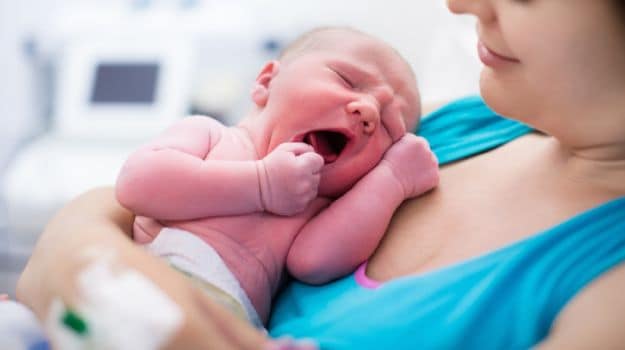According to the World Health Organisation (WHO), until 2010, caesarean sections were limited to 8.5 per cent of all deliveries in India. "But in the last decade or so, the numbers have escalated in many parts of the country, reaching as high as 41 per cent of deliveries in Kerala and 58 per cent in Tamil Nadu," it said.
Bandita Sinha, gynaecologist and fertility specialist at World of Women, a leading medical centre for gynaecology cases, said: "The alarming factor is that the recommended level of caesarean deliveries by WHO is 10-15 per cent. The sudden increase in the number of caesarean sections is visible in both urban and rural areas."

The lifestyle factors leads to an increasing number of women opting for their first child post 30 years of age. According to Sinha, there are various indications of a caesarean delivery, like contracted pelvis, where if the size of the baby is not proportionate to the size of the birth canal, normal delivery becomes difficult.
"Health of the scar of any previous uterine surgery also determines if the women will have a natural delivery. Foetal distress or prolonged labour, severe hypertension and other medical conditions can affect mother or baby's health," said Sinha.
Gauri Gore, gynaecologist at city-based Zen Hospital, said: "Sometimes, the caesarean-section becomes risky if the mother has genital herpes. So, it has to be ensured that the mother's infection does not pass on to the baby." Gore said that a sedentary lifestyle or lack of exercise could also increase the possibility of a C-section.Inputs from IANS









